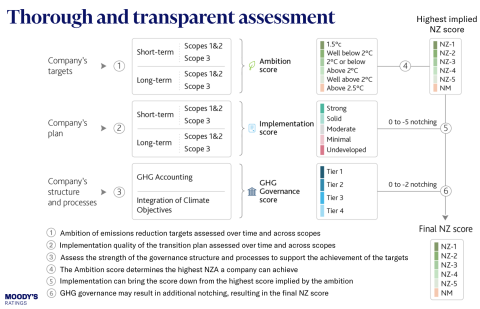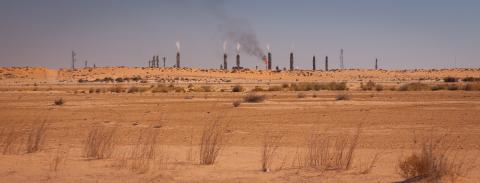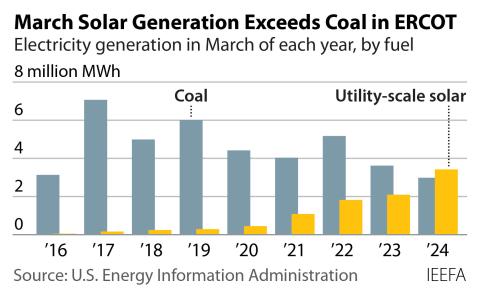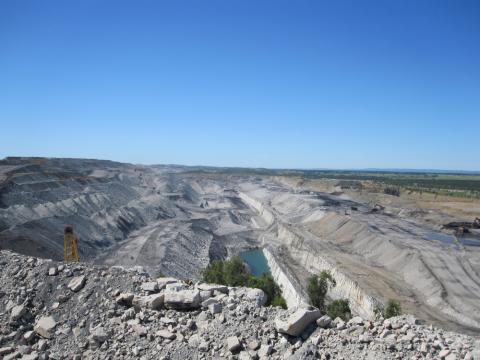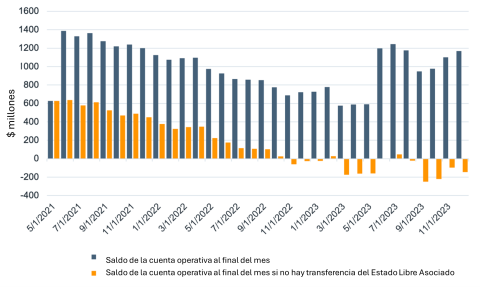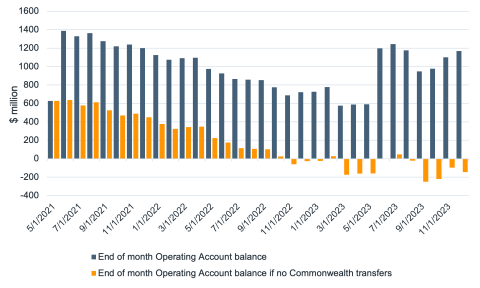IEEFA update: BlackRock decision on climate change‒it’s about business
BlackRock’s recent decision to begin altering its companywide investment strategy and Aladdin portfolio system to more carefully create portfolios that are sensitive to the issue of climate risk and sustainability has drawn a lot of both praise and skepticism. All of the ensuing policy discussions are critically important: about investment policy, passive indexes, coal divestment, screening issues, transparency, consistent reporting, climate change’s impact and the winners and losers.
But it’s also essential to view BlackRock’s decision as a business matter.
The BlackRock decision is aimed at establishing an advantage over its competitors
BLACKROCK HAS $7 TRILLION IN ASSETS UNDER MANAGEMENT AND IS THE WORLD’S LARGEST INVESTMENT FIRM. It did not get there by hovering behind the curve. A $7 trillion operation, we suspect, is interested in getting bigger, not smaller. The BlackRock decision can be seen as many things, but first and foremost it is an attempt to establish an advantage over its competitors. One way to grow is to take market share from others and firmly ensconce BlackRock as the premier advisor to institutional investors and high net-worth individuals on risk management and capital accumulation. Will it work?
BlackRock must deliver a sound, well-balanced portfolio with steady, risk-adjusted, stable returns. That is optimally achieved by addressing the current investment environment, which is evolving. The cumulative risk factors that impair solid returns include climate change, which is driving business decision-making well beyond the fossil fuel sector.
The long-term fundamentals for fossil fuels are askew
ON THE MATTER OF FOSSIL FUELS, BLACKROCK HAS REACHED A CONCLUSION. The energy sector plays a less relevant role in growing portfolios. The sector is plagued by current weak performance, rising financial risks and, most noticeably, an incoherent future outlook. The long-term fundamentals are askew and prayers for supply-demand rebalancing are unlikely to be answered.
Here is what BlackRock knows. The energy sector posted dead last in the stock market in terms of investor returns in 2019 and for the past decade. This industry, once 28% of the S&P 500, is now a mere shadow of its former self at 4.3%. Once the darling of the private equity set, oil and gas opportunities are now fading hopes about value opportunities. Watch out as Carlyle, Blackstone and the rest of the private equity acolytes on the fossil fuel side try to catch a falling knife! And BlackRock’s warning: protect your flank in industries like insurance that are heavily connected to climate change-related events and start enabling infrastructure providers.
THE REBRANDING OF A $7 TRILLION INVESTMENT HOUSE IS NOT EASY, but in some ways is quite simple. These investment advisors command huge fees as they sell security and reasonable strategies for fickle markets. There are many players. In New York, they are as common as hot dog vendors on midtown street corners. To capture market share takes time and patience and a solid investment rationale that is distinguished by leadership that creates a pathway forward from the old to the new.
BlackRock could be the catalyst that opens the gateway for others to follow
We know who BlackRock’s large competitors are: Vanguard, T. Rowe Price, Fidelity, State Street, and JPMorgan. Together they manage well over $20 trillion in assets. Solid execution by BlackRock could be the catalyst that opens the gateway for others to follow.
And, if you look more closely at what this means for BlackRock as an attractive place to work, this announcement represents a ‘now hiring’ sign for the best talent to work for the leading financial company in the world. A company that now espouses the best values. We suspect that if BlackRock follows through with this plan, it will avoid the fate of Goldman Sachs that was publicly criticized in the wake of the mortgage banking meltdown for losing its moral compass. Most employees are looking for a good career in an honest profession, doing well by doing good.
WHAT IS BLACKROCK PROMISING? Most of CEO Larry Fink’s letter and BlackRock’s press materials are devoted to how the company will develop products that invest in companies and sectors that are sustainable, protective of the climate and environment. Presumably, BlackRock’s future actions on environmental, social and governance matters point to value creation, and a new cycle of economic growth and with it, company prosperity.
This move by BlackRock comes with risk. At the top of our list is the broad variation in energy plans and outlooks across the planet. A U.S.- and Euro-centric outlook is quite different from what one finds in Asian markets. For a company that talks in billions and has built a business in the trillions the management of what regulators like Mark Carney have deemed a key financial risk appears entirely worth it.
Tom Sanzillo ([email protected]), Director of Finance, IEEFA
Tim Buckley ([email protected]), Director of Energy Finance Studies, IEEFA
Melissa Brown ([email protected]), Director of Energy Finance Studies, Asia, IEEFA
RELATED ITEMS
IEEFA update: BlackRock takes first step towards aligning US$7 trillion fund with Paris Agreement
IEEFA update: BlackRock – On climate, the world waits for a financial leader
IEEFA Report: Inaction is BlackRock’s Biggest Risk During the Energy Transition






